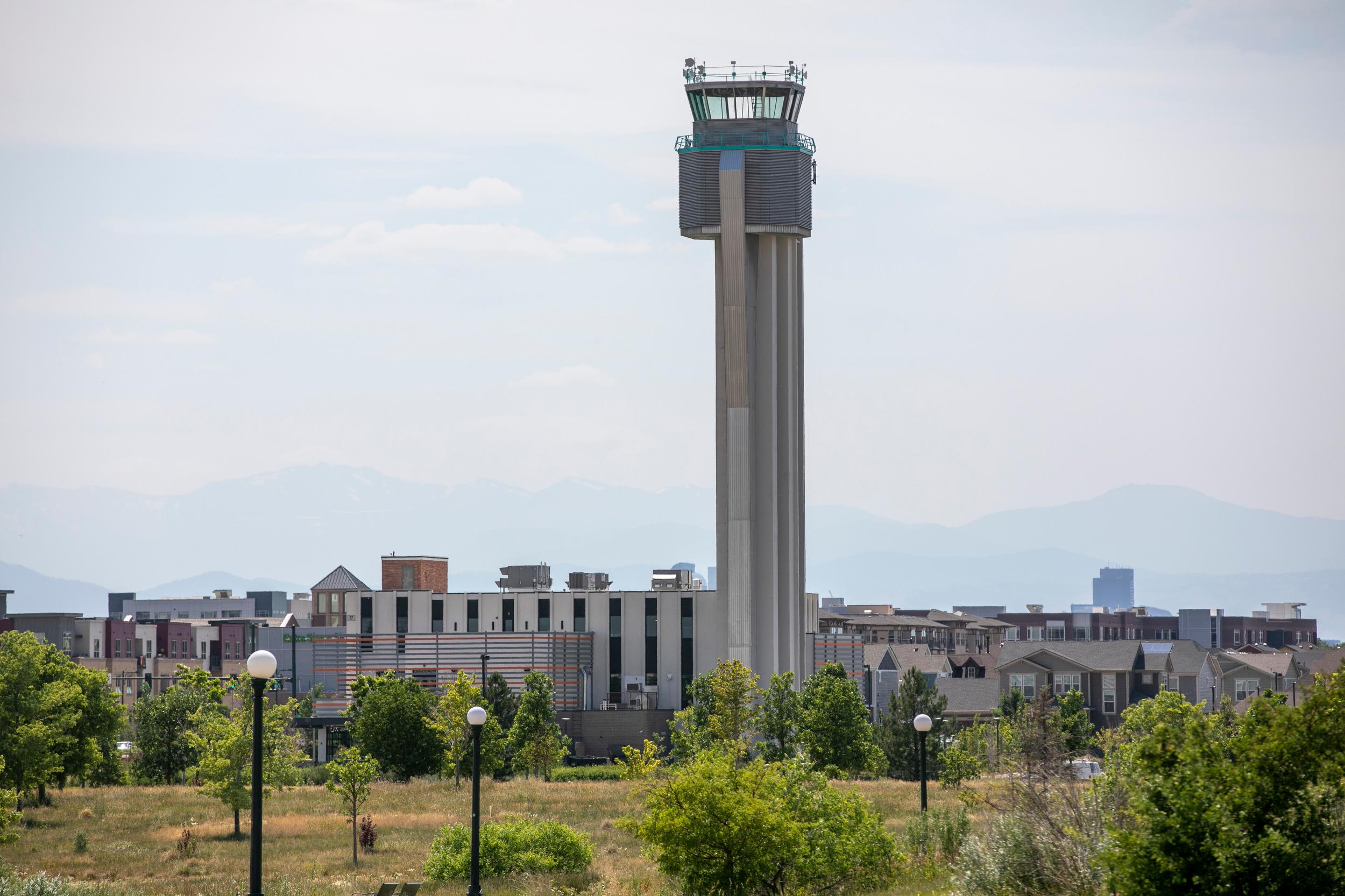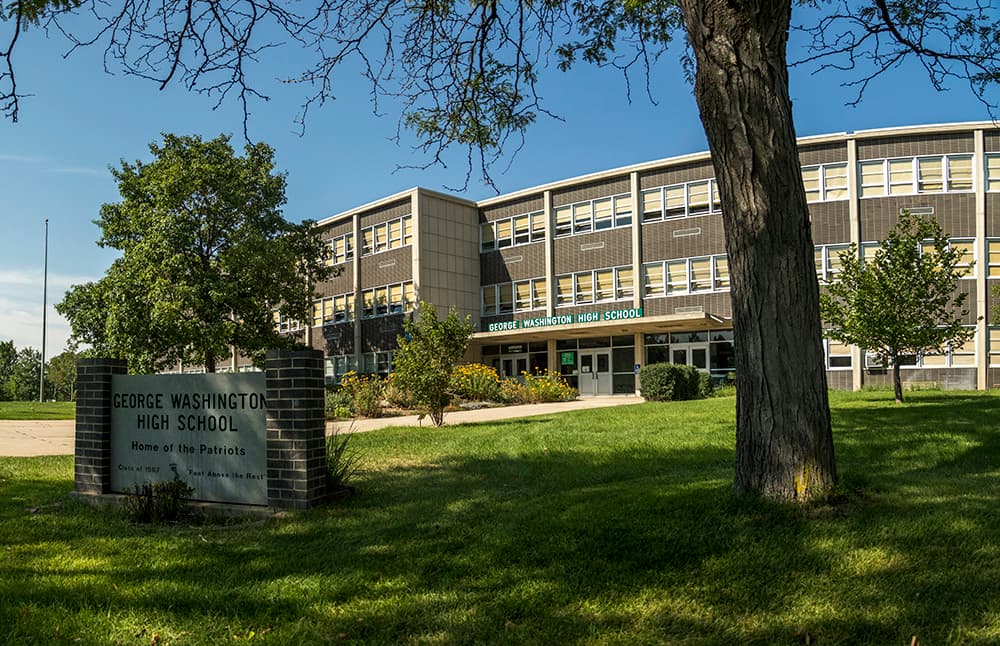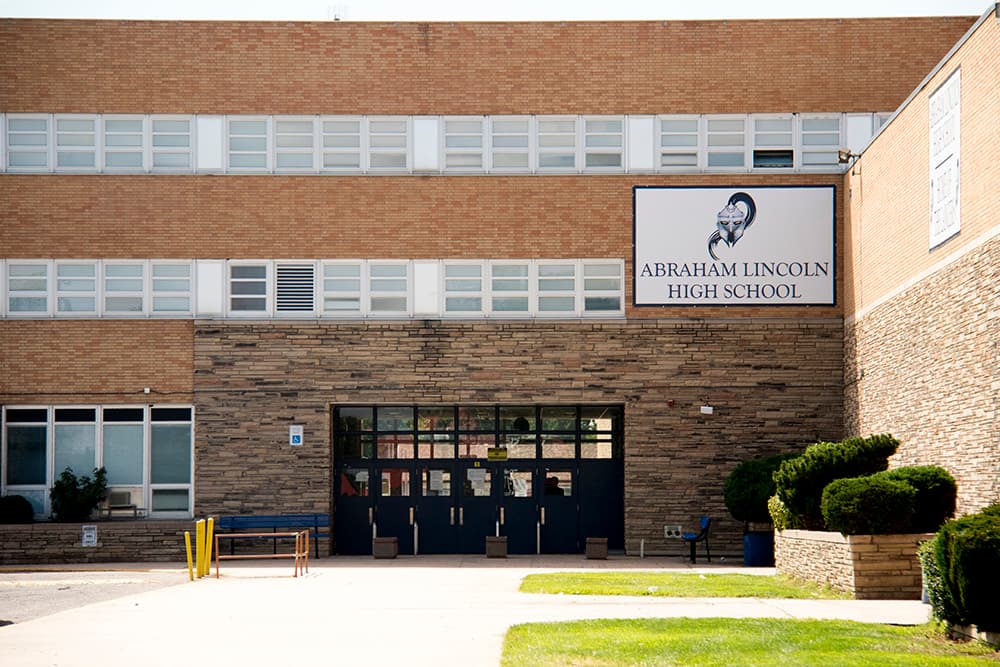A city commission will meet Friday to discuss places and buildings in Denver that are ripe for a name-change following weeks of protests against racism and police brutality.
The process unofficially started when Stapleton community delegates announced they would begin the process of renaming the neighborhood bearing a former mayor and KKK member's name. While that process has been decades in the making, and businesses in the neighborhood changed their name before this year, recent protests are prompting a closer look at other names in Denver with potentially problematic roots.
The city announced last Friday it would start a "community process" at Mayor Michael Hancock's behest to review public names for city buildings, parks and public spaces that could be candidates for renaming if they're "associated with racist groups or ideologies," with suggestions for new names coming from residents.
The Agency for Human Rights and Community Partnerships advisory board will be responsible for identifying those names, along with the at-large members of the Denver City Council. The commission includes volunteers who will meet for the first time Friday to begin the process, according to Denver's chief storyteller Rowena Alegría. They'll also get help from the State Historian's Council to ensure accurate historical reviews occur.

"When you think about Denver's long history, there are likely names that we don't even know where they came from," Alegría said. "Until historians help us to unearth some of that, we just don't know what we don't know."
Alegría said the commission has so far received two requests for review for Stapleton and one for a privately-owned business, the Oriental Theater in Berkeley. She noted renaming a private business like the theater is beyond the city's control.
She said the timeline for renaming will likely depend on how many submissions it gets. The city is encouraging people to submit potential renaming recommendations to [email protected].
It's not just city buildings and parks that are being reviewed.
Denver at-large school board member Tay Anderson, who has become a central and vocal figure in anti-racist protests in the city, said he's heard from principals at local high schools who are seeking name changes for their schools and mascots.
He's heard from Thomas Jefferson and South High School principals about renaming the school and the school's mascot, respectively. More than half of Denver Public School students are students of color.
"We have to lead with the actions of being an anti-racist district," Anderson said.
Abraham Lincoln High School, George Washington High School and the Stephen Knight Center for Early Education are other schools Anderson said he thinks could be candidates for a name-change. He said efforts to change names must be "community-driven but district-supported."

Both Jefferson and Washington were slave owners, while Anderson noted Lincoln's words in a letter to Horace Greeley suggesting in August 1862 he might have considered not freeing slaves if it meant preserving the Union. By that time, Lincoln had already started drafting the Emancipation Proclamation.
He understands changing names and convincing some people that it's the right move will be difficult.
"People have grown up with these emblems in their community," Anderson said. "I know that there are going to be others that just won't understand, that believe that we are just trying to take away history, and that's not what I'm trying to do at all."
Anderson said there has been community interest in dropping the "Rebels" mascot from South High School (the mascot comes from Johnny Reb, a nickname for Confederate soldiers). The district allowed the high school to change its mascot to the griffin in 2009, though "Rebel" is still used.
Anderson said he has also heard from people suggesting changing George Washington High School's name to George Washington Carver, an African-American scientist and inventor.
Anderson said the Stephen Knight Center for Early Education could also potentially be a candidate for a name change. Anderson said his own research on Stephen J. Knight, a former school board member during the 1970s, may have opposed school integration. Knight opposed busing in Denver, according to comments he gave the New York Times in 1971.













